Dr. Filippo Trevisan, Deputy Director of IDPP and Assistant Professor in the School of Communication at American University will travel to the University of Alabama, Birmingham later this week to share his latest work in a series of invited talks. Dr. Trevisan’s visit is supported by UAB’s Institute for Human Rights, which is directed by Associate Professor Dr. Tina Kempin Reuter.
On Wednesday, October 11, Dr. Trevisan will give an invited talk at the Institute for Human Rights (Heritage Hall, 6:00-7:30pm CDT), in which he will discuss “Using Digital Storytelling to Promote Human Rights: The Experience of Disability Advocates.” The talk will examine the benefits and drawbacks of using personal stories of disability crowd-sourced from the Internet to counter negative portrayals of disability in popular and public discourse, and advocate for disability rights including examples and case studies from both the United Kingdom and the United States.
Accessible virtual participation with closed captioning will be available for this talk via Blackboard Collaborate using this link: http://tinyurl.com/trevisan-lecture-uab-ihr (please note that Alamaba is on Central Time).
On Thursday, October 12, Dr. Trevisan will be a guest speaker in the Digital Storytelling course (part of the Media Studies program) and also give a lecture on representations of disability and disability rights activism to students in UAB’s School of Medicine.
Dr. Trevisan’s visit will conclude with a visit to the Lakeshore Foundation, a leading training, research, and advocacy center that aims to empower people with physical disabilities and chronic health conditions through sports, recreation, and physical activity.
Dr. Trevisan completed his PhD and worked as a post-doctoral researcher at the University of Glasgow in Scotland. His research explores the impact of new media technologies on advocacy, activism, and political communication. Dr. Trevisan is interested in exploring how both elite and grassroots stakeholders use the Internet to influence debates about contested issues and affect policy decisions, including in combination with traditional protest tactics and strategic communication. His first book, “Disability Rights Advocacy Online: Voice Empowerment and Global Connectivity,” was published by Routledge in 2016.
The Institute for Human Rights at UAB is a platform for interdisciplinary interaction and collaboration for scholars, educators, students, practitioners, and activists to raise awareness, foster research, and design initiatives for practical action resulting in the promotion and protection of human and civil rights locally, nationally, and globally.

